Geospatial Information and Technology
Most popular
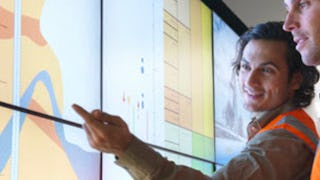 Status: Free TrialFree TrialU
Status: Free TrialFree TrialUUniversity of California, Davis
Specialization
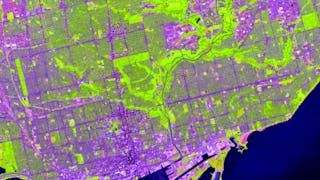 Status: Free TrialFree TrialU
Status: Free TrialFree TrialUUniversity of Toronto
Specialization
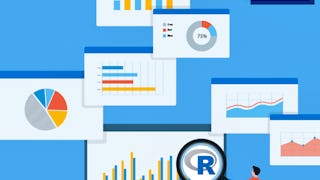 Status: Free TrialFree TrialJ
Status: Free TrialFree TrialJJohns Hopkins University
Specialization
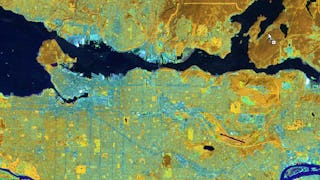 Status: Free TrialFree TrialU
Status: Free TrialFree TrialUUniversity of Toronto
Course
Trending now
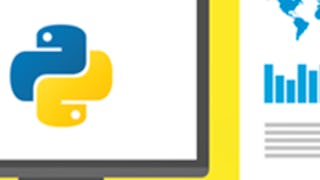 Status: Free TrialFree Trial
Status: Free TrialFree TrialCourse
 Status: Free TrialFree TrialU
Status: Free TrialFree TrialUUniversity of California, Davis
Specialization
 Status: Free TrialFree TrialJ
Status: Free TrialFree TrialJJohns Hopkins University
Specialization
 Status: Free TrialFree TrialU
Status: Free TrialFree TrialUUniversity of Toronto
Specialization
New releases
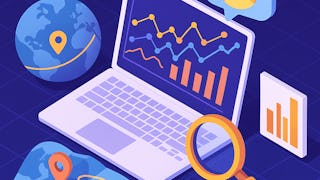 Status: Free TrialFree TrialU
Status: Free TrialFree TrialUUniversity of Pittsburgh
Build toward a degree
Course
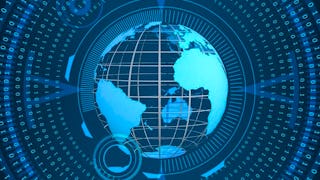 Status: Free TrialFree TrialC
Status: Free TrialFree TrialCCase Western Reserve University
Specialization
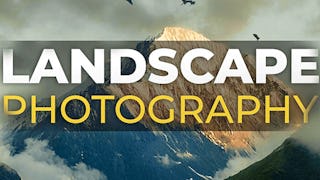 Status: Free TrialFree TrialS
Status: Free TrialFree TrialSSkillshare
Specialization
 Status: Free TrialFree TrialC
Status: Free TrialFree TrialCCoursera Instructor Network
Specialization
Filter by
SubjectRequired *
LanguageRequired *
The language used throughout the course, in both instruction and assessments.
Learning ProductRequired *
LevelRequired *
DurationRequired *
SubtitlesRequired *
EducatorRequired *
Results for "geospatial information and technology"
 Status: PreviewPreviewC
Status: PreviewPreviewCCoursera Instructor Network
Skills you'll gain: Geographic Information Systems, Geospatial Information and Technology, Geospatial Mapping, Spatial Data Analysis, Spatial Analysis, Global Positioning Systems, Data Analysis
4.5·Rating, 4.5 out of 5 stars17 reviewsIntermediate · Course · 1 - 4 Weeks
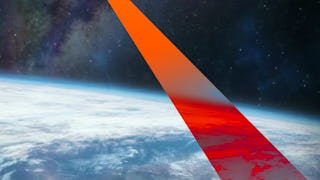 Status: PreviewPreviewU
Status: PreviewPreviewUUNSW Sydney (The University of New South Wales)
Skills you'll gain: Image Analysis, Unsupervised Learning, Geospatial Information and Technology, Computer Vision, Spatial Analysis, Machine Learning, Dimensionality Reduction, Linear Algebra, Deep Learning, Data Validation, Supervised Learning, Probability & Statistics, Artificial Neural Networks
4.7·Rating, 4.7 out of 5 stars175 reviewsIntermediate · Course · 3 - 6 Months
 Status: NewNewStatus: Free TrialFree Trial
Status: NewNewStatus: Free TrialFree TrialSkills you'll gain: Rmarkdown, Web Scraping, Geospatial Information and Technology, Shiny (R Package), Microsoft Azure, Cloud Storage, Interactive Data Visualization, R Programming, Data Collection, Ggplot2, Data Manipulation, Data Science, Data Visualization Software, Data Integration, Tidyverse (R Package), Data Analysis, Application Programming Interface (API)
Beginner · Course · 1 - 3 Months
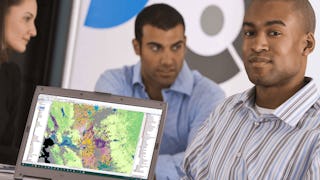 Status: Free TrialFree TrialU
Status: Free TrialFree TrialUUniversity of California, Davis
Skills you'll gain: ArcGIS, Geographic Information Systems, Public Health and Disease Prevention, Public Health, Land Management, Geospatial Information and Technology, Geospatial Mapping, Spatial Analysis, Epidemiology, Community Health, Spatial Data Analysis, Social Determinants Of Health, Emergency Response, Environmental Science, Natural Resource Management, Emergency Services, Business Development, Environment and Resource Management, Hazard Analysis, 3D Modeling
4.6·Rating, 4.6 out of 5 stars82 reviewsIntermediate · Course · 1 - 4 Weeks
 Status: NewNewStatus: Free TrialFree TrialM
Status: NewNewStatus: Free TrialFree TrialMMicrosoft
Skills you'll gain: Rmarkdown, Version Control, Web Scraping, Regression Analysis, Knitr, Exploratory Data Analysis, Statistical Analysis, Data Manipulation, Dimensionality Reduction, Ggplot2, Geospatial Information and Technology, Time Series Analysis and Forecasting, Plotly, Shiny (R Package), Data Cleansing, Data Visualization, Data Wrangling, Software Documentation, R Programming, Microsoft Copilot
Beginner · Professional Certificate · 3 - 6 Months
 Status: Free TrialFree Trial
Status: Free TrialFree TrialSkills you'll gain: Data Visualization Software, Plotly, Data Visualization, Dashboard, Interactive Data Visualization, Matplotlib, Seaborn, Data Presentation, Data Analysis, Geospatial Information and Technology, Pandas (Python Package), Scatter Plots, Histogram, Heat Maps, Box Plots, Python Programming
4.5·Rating, 4.5 out of 5 stars12K reviewsIntermediate · Course · 1 - 3 Months
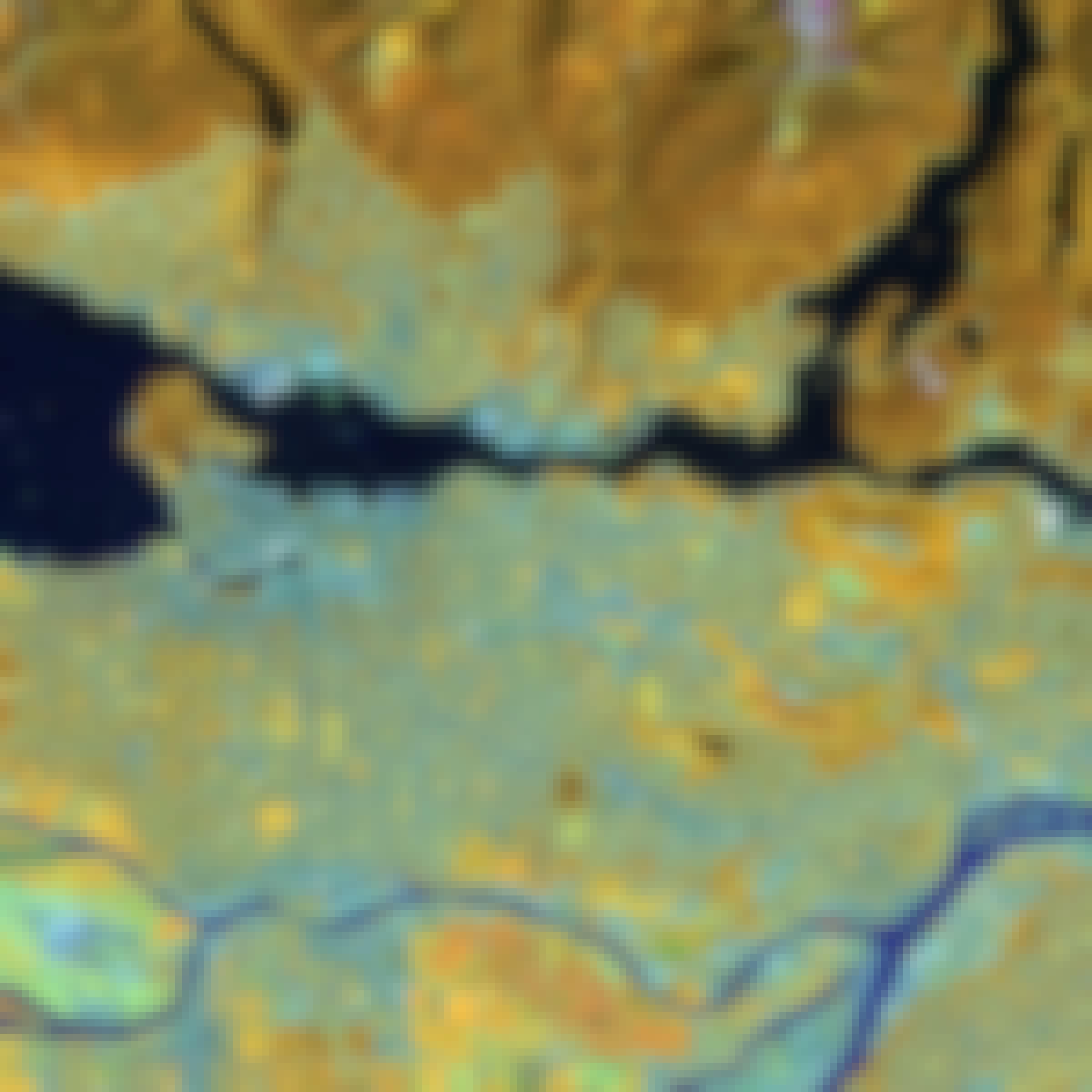 Status: Free TrialFree TrialU
Status: Free TrialFree TrialUUniversity of Toronto
Skills you'll gain: Geographic Information Systems, GIS Software, Spatial Analysis, Spatial Data Analysis, Geospatial Information and Technology, Geospatial Mapping, Query Languages, Data Manipulation, Image Analysis
4.9·Rating, 4.9 out of 5 stars622 reviewsBeginner · Course · 1 - 3 Months
 Status: PreviewPreviewU
Status: PreviewPreviewUUniversity of Illinois Urbana-Champaign
Skills you'll gain: Geospatial Information and Technology, Geographic Information Systems, Apache Hadoop, Spatial Data Analysis, Geospatial Mapping, Spatial Analysis, Big Data, Matplotlib, Data Processing, Computational Thinking, Distributed Computing, Data Manipulation, Python Programming
4.2·Rating, 4.2 out of 5 stars30 reviewsBeginner · Course · 1 - 3 Months
 Status: Free TrialFree Trial
Status: Free TrialFree TrialSkills you'll gain: Power BI, Data Ethics, Data Visualization Software, Data Analysis, Statistical Analysis, Correlation Analysis, Business Intelligence, Advanced Analytics, Data Analysis Expressions (DAX), Analytics, Data-Driven Decision-Making, Exploratory Data Analysis, Trend Analysis, Time Series Analysis and Forecasting, Scatter Plots, Forecasting, Geospatial Information and Technology, Root Cause Analysis
4.8·Rating, 4.8 out of 5 stars16 reviewsBeginner · Course · 1 - 4 Weeks
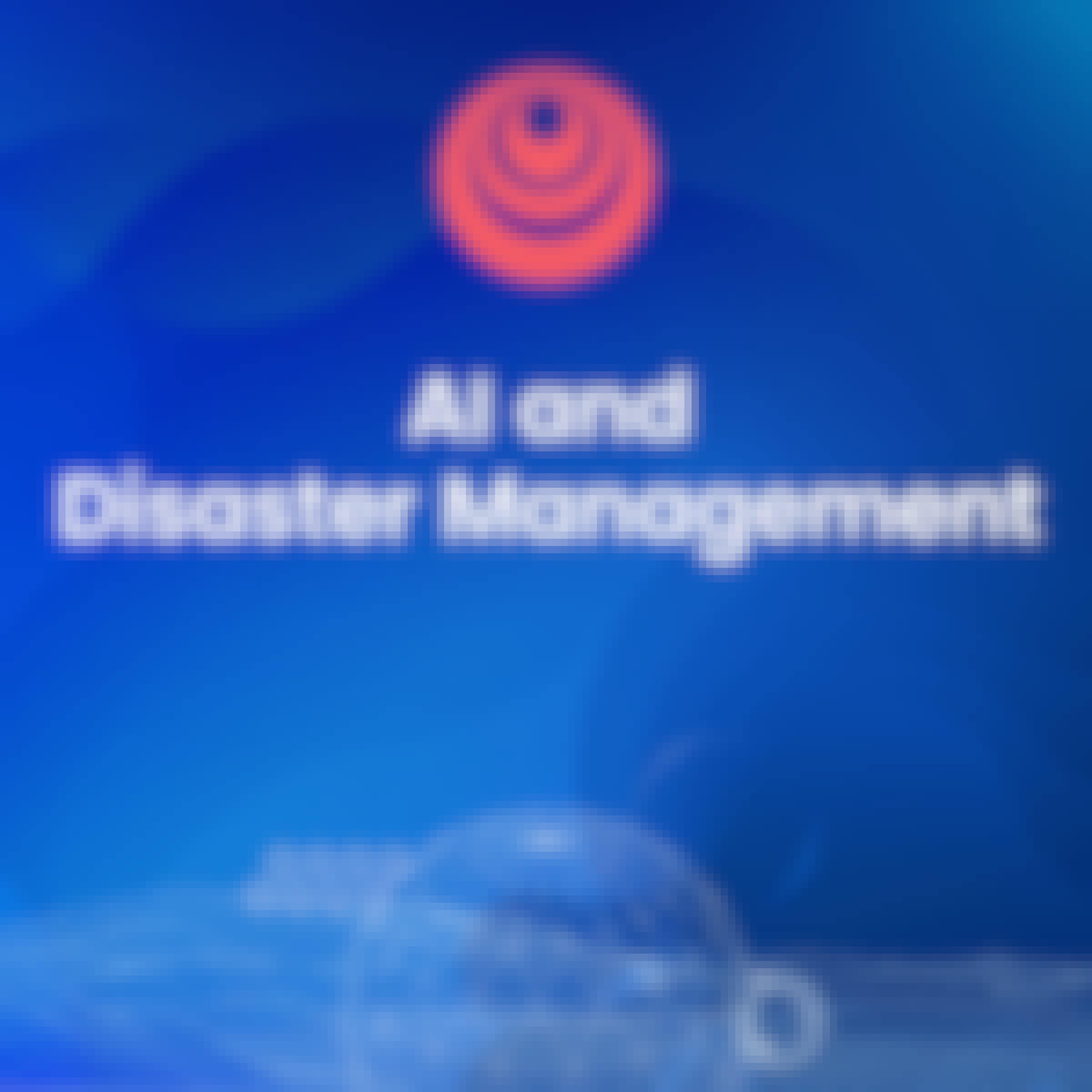 Status: Free TrialFree TrialD
Status: Free TrialFree TrialDDeepLearning.AI
Skills you'll gain: Disaster Recovery, Image Analysis, Data Ethics, Emergency Response, Mitigation, Text Mining, Natural Language Processing, Artificial Intelligence, Computer Vision, Geospatial Information and Technology, Machine Learning Methods, Data Analysis
4.7·Rating, 4.7 out of 5 stars213 reviewsBeginner · Course · 1 - 4 Weeks
 Status: PreviewPreviewT
Status: PreviewPreviewTThe Pennsylvania State University
Skills you'll gain: Geographic Information Systems, Case Studies, Climate Change Programs, Systems Thinking, Design Thinking, Geospatial Information and Technology, Sustainable Design, Spatial Analysis, Collaborative Software, Decision Support Systems, Cultural Responsiveness
4.6·Rating, 4.6 out of 5 stars64 reviewsBeginner · Course · 1 - 3 Months
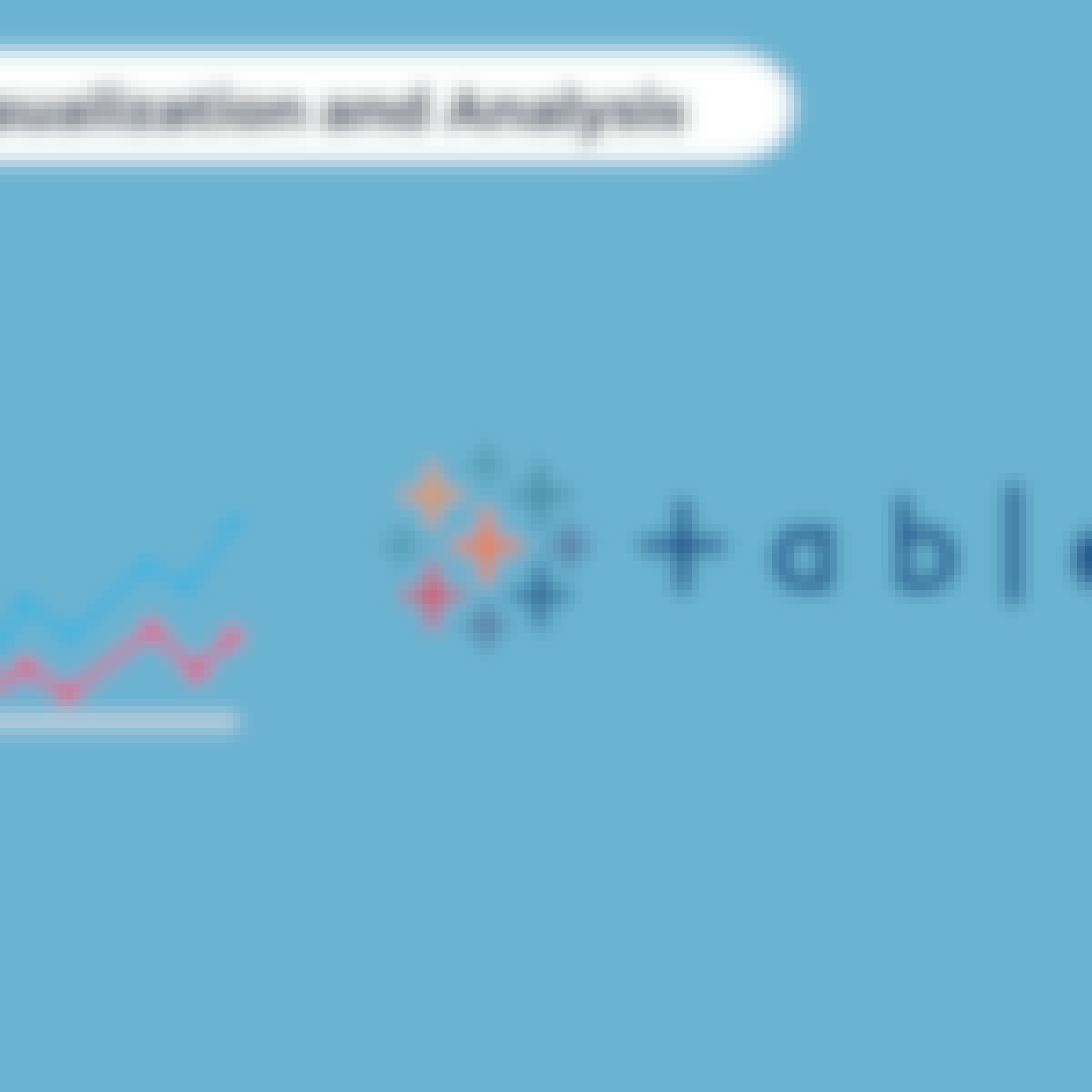 Status: PreviewPreviewL
Status: PreviewPreviewLLearnKartS
Skills you'll gain: Geospatial Information and Technology, Trend Analysis, Complex Problem Solving
4.6·Rating, 4.6 out of 5 stars11 reviewsBeginner · Course · 1 - 4 Weeks







